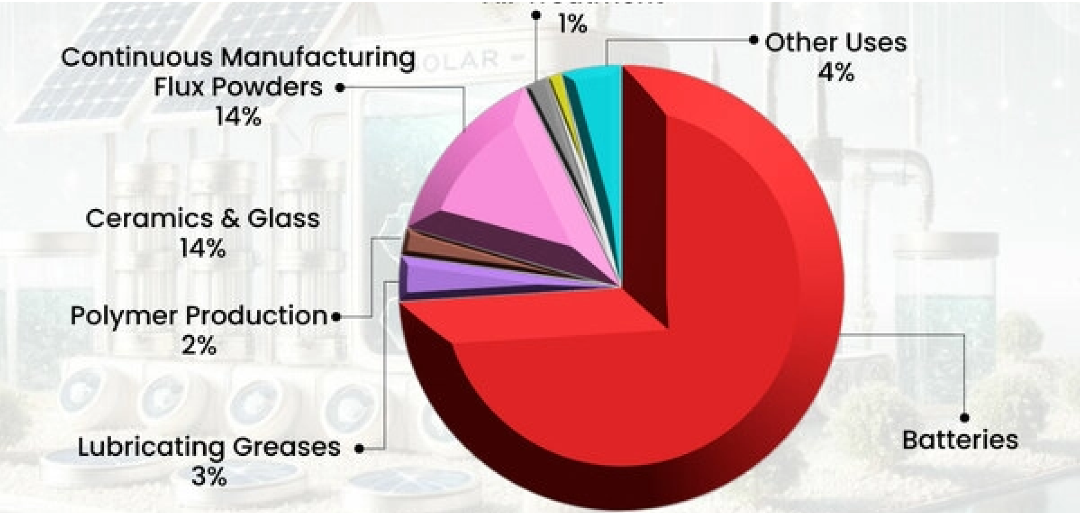Germany Rejects Revival of Nord Stream Pipelines Amid 2025 Energy Shift
Emphasizing that such conversations are wrong among continuous Russian aggression in Ukraine, Germany's departing Economy and Energy Minister, Robert Habeck, strongly objected in March 2025 to discussions about restoring the Nord Stream gas pipelines. Habeck's position captures Germany's will to reduce reliance on Russian energy supplies by 2025.
Comprising Nord Stream 1 and the uncommission Nord Stream 2, the Nord Stream pipelines were important conduits for Russian natural gas to Europe. But in September 2022, both pipelines exploded, causing significant gas spills in the Baltic Sea. Continuous investigations are ongoing into these events, and the presumed reason is sabotage. These pipelines, representing Europe's movement towards energy diversity, will remain non-operational by 2025.
Completed in 2021, Nord Stream 2 was meant to double the gas shipments from Russia to Europe's capacity. Germany terminated its accreditation in February 2022, nevertheless, when Russia acknowledged rebel areas in Ukraine before the invasion. This choice underlined Germany's position against rising tensions and its direction towards energy independence, a strategy still followed in 2025
German officials have rejected recent predictions about the revival of the Nord Stream pipelines by peace talks. Emphasizing that energy independence is a key goal for Germany's security policy in 2025, the Economy Ministry emphasized its will to lessen dependency on Russian gas.
Energy alliances will have changed significantly on the geopolitical scene of 2025. Rising to become Germany's leading gas supplier, Norway has replaced Russia. This change emphasizes Europe's attempts to diversify energy sources and lower susceptibility to geopolitical conflicts, a lesson reinforced by events in 2022.
Estonia's Foreign Minister, Margus Tsahkna, emphasized the European Union's inclination for energy alliances with friends like the United States over Russia by declaring that Nord Stream 2 should stay dead. This point of view fits the larger EU plan for 2025 to guarantee dependable and like-minded allies' energy sources.
Habeck voiced worries that the following German governments would miss the lessons gained from prior reliance on Russian energy. Emphasizing the need to preserve the strategic move toward energy diversification Germany has adopted by 2025, he recommended against returning to past energy policies.
Finally, Germany is adamant about not allowing the Nord Stream pipes to be revived by 2025. This move highlights the lessons learned from earlier geopolitical concerns and the ongoing crisis in Ukraine, therefore reflecting a more outstanding European commitment to energy independence and security.

